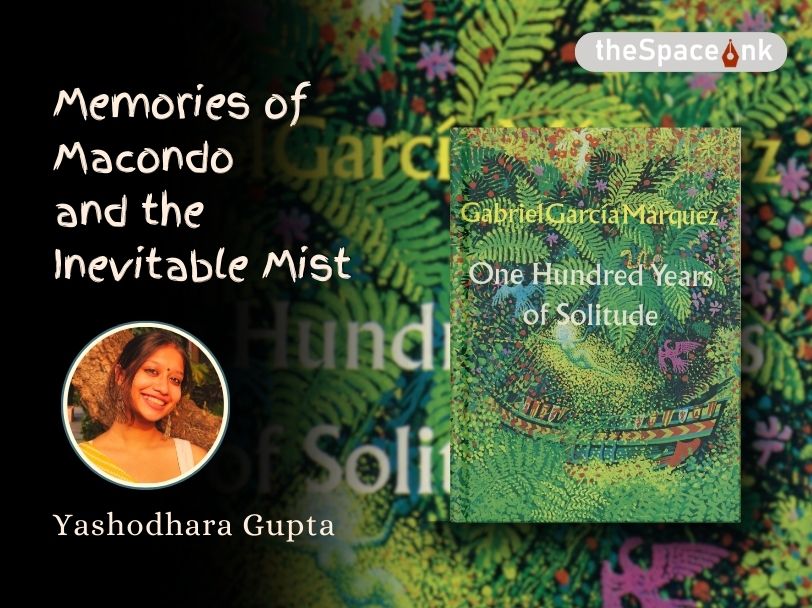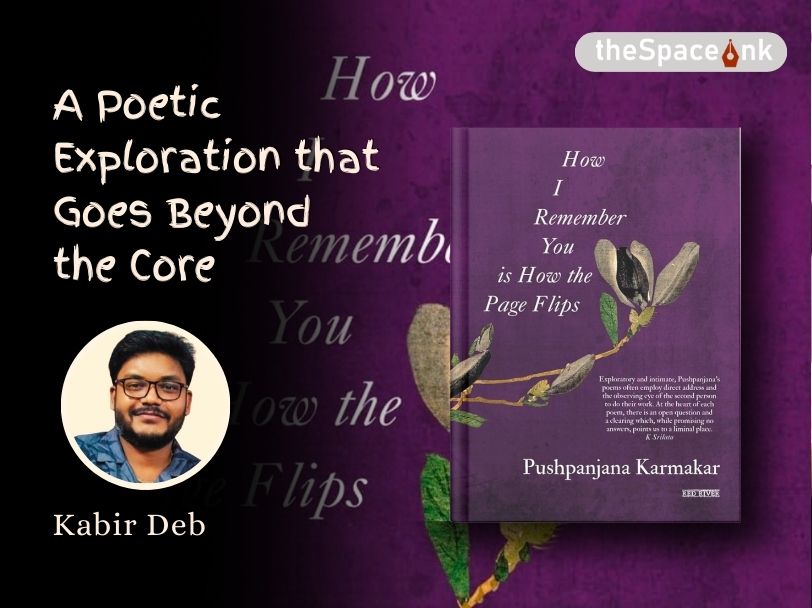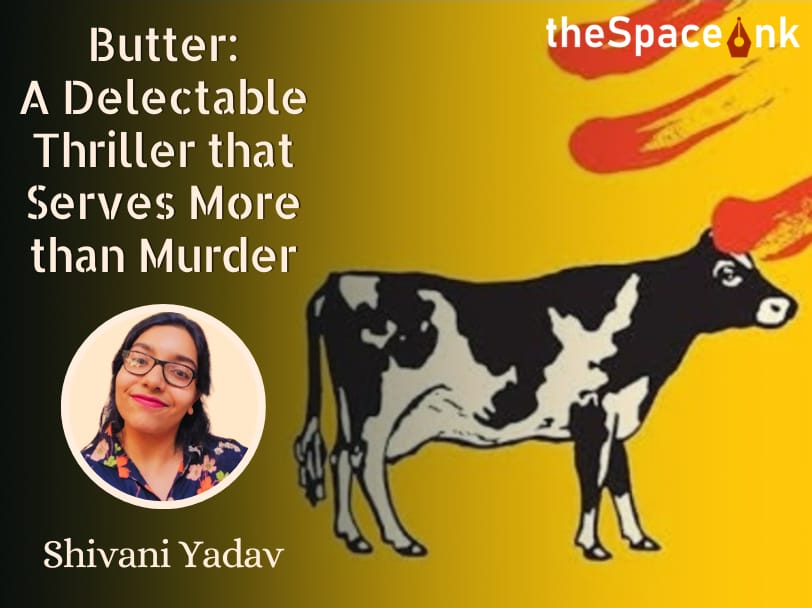Rainer Maria Rilke was a German poet who is renowned as much for his intense, lyrical poetry as for his experiments with syntax and stretching the limits of poetry. He strove to uplift art out of mere morality. Rilke spoke openly and with great insight into the human experience of pain and joy, good and evil and the amalgamate of these. He spoke of God not as a religious entity but as a force that inhabits all beings that embodies the pantheistic consciousness demonstrated by the Romantic tradition of poetry. Below are some of his most notable poems:
Fear of the Inexplicable
But fear of the inexplicable has not alone impoverished
the existence of the individual; the relationship between
one human being and another has also been cramped by it,
as though it had been lifted out of the riverbed of
endless possibilities and set down in a fallow spot on the
bank, to which nothing happens. For it is not inertia alone
that is responsible for human relationships repeating
themselves from case to case, indescribably monotonous and
unrenewed: it is shyness before any sort of new, unforeseeable
experience with which one does not think oneself able to cope.
But only someone who is ready for everything, who excludes
nothing, not even the most enigmatical, will live the relation
to another as something alive and will himself draw exhaustively
from his own existence. For if we think of this existence of
the individual as a larger or smaller room, it appears evident
that most people learn to know only a corner of their room, a
place by the window, a strip of floor on which they walk up and
down. Thus they have a certain security. And yet that dangerous
insecurity is so much more human which drives the prisoners in
Poe’s stories to feel out the shapes of their horrible dungeons
and not be strangers to the unspeakable terror of their abode.
We, however, are not prisoners. No traps or snares are set about
us, and there is nothing which should intimidate or worry us.
We are set down in life as in the element to which we best
correspond, and over and above this we have through thousands of
years of accommodation become so like this life, that when we
hold still we are, through a happy mimicry, scarcely to be
distinguished from all that surrounds us. We have no reason to
mistrust our world, for it is not against us. Has it terrors,
they are our terrors; has it abysses, those abuses belong to us;
are dangers at hand, we must try to love them. And if only we
arrange our life according to that principle which counsels us
that we must always hold to the difficult, then that which now
still seems to us the most alien will become what we most trust
and find most faithful. How should we be able to forget those
ancient myths about dragons that at the last moment turn into
princesses; perhaps all the dragons of our lives are princesses
who are only waiting to see us once beautiful and brave. Perhaps
everything terrible is in its deepest being something helpless
that wants help from us.
Also Read: A Divine Image and Other Poems by William Blake
A Walk
My eyes already touch the sunny hill.
going far beyond the road I have begun,
So we are grasped by what we cannot grasp;
it has an inner light, even from a distance-
and changes us, even if we do not reach it,
into something else, which, hardly sensing it,
we already are; a gesture waves us on
answering our own wave…
but what we feel is the wind in our faces.
Love Song
How can I keep my soul in me, so that
it doesn’t touch your soul? How can I raise
it high enough, past you, to other things?
I would like to shelter it, among remote
lost objects, in some dark and silent place
that doesn’t resonate when your depths resound.
Yet everything that touches us, me and you,
takes us together like a violin’s bow,
which draws one voice out of two separate strings.
Upon what instrument are we two spanned?
And what musician holds us in his hand?
Oh sweetest song.
Image Courtesy: Pexel, WordPress








